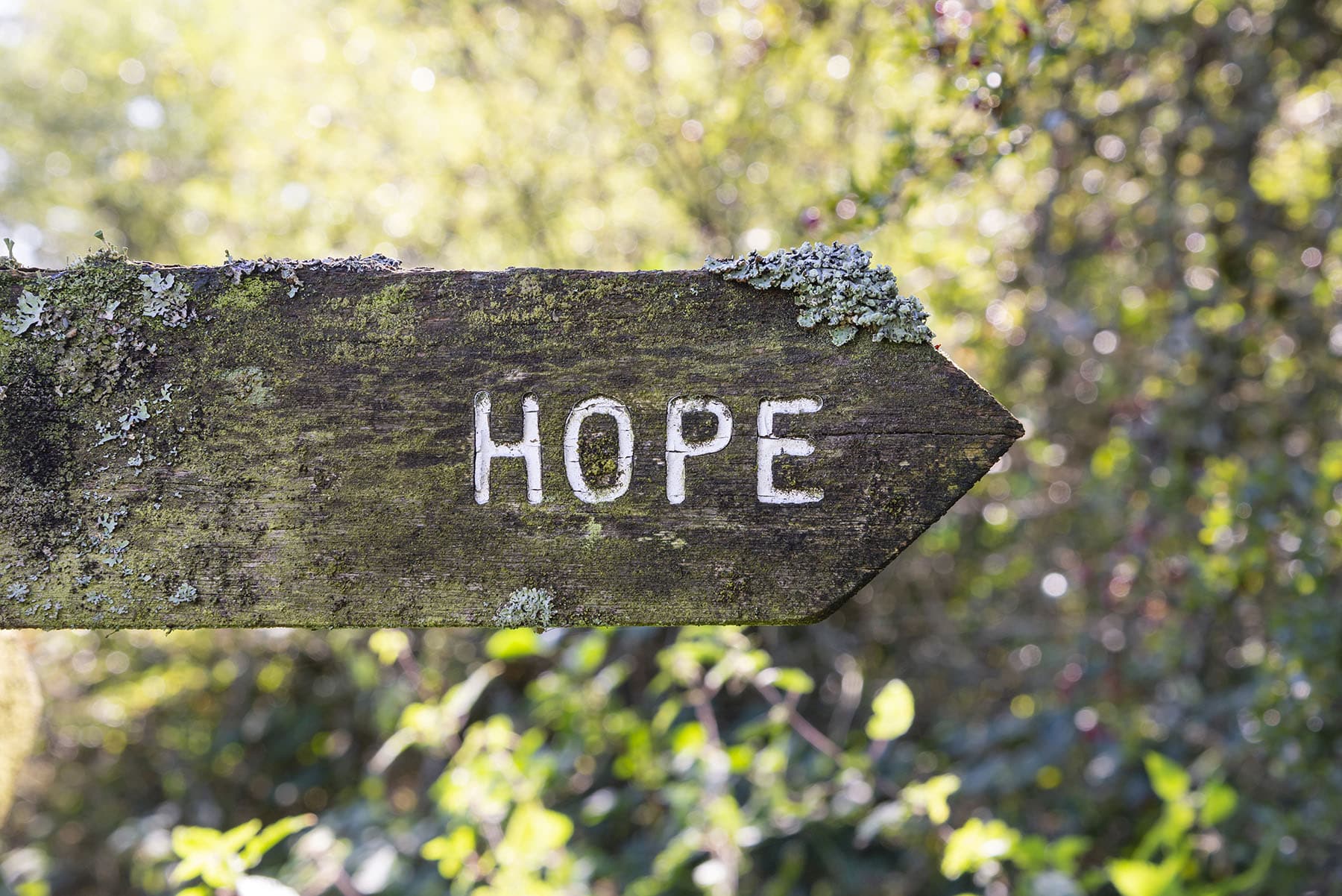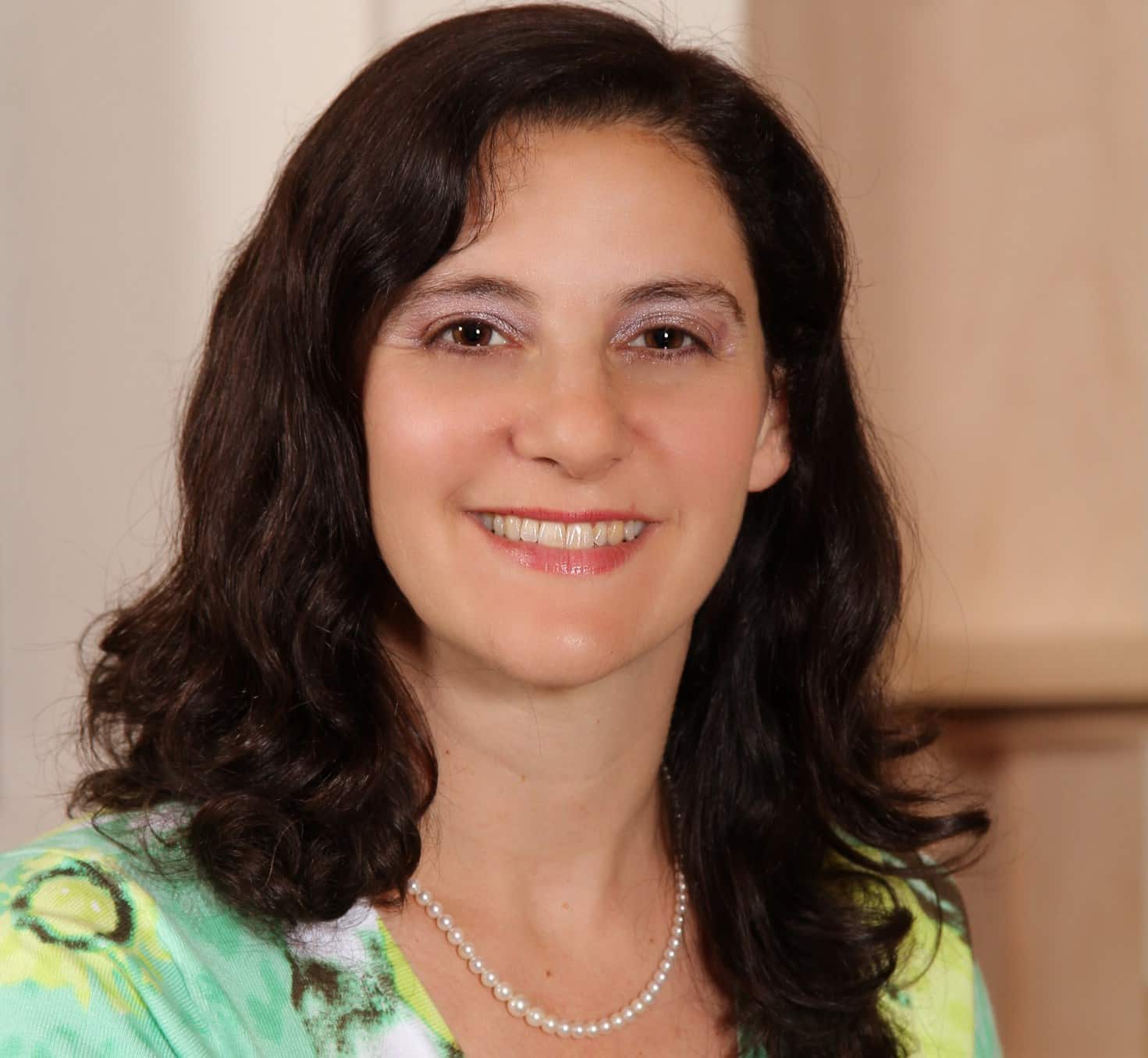 Photo by R A Kearton/Getty Images
Photo by R A Kearton/Getty Images On Shabbat, Rabbi Jon Hanish led a Holocaust Remembrance Zoom service. He was reading the yahrzeit list of names when an intruder scrawled a swastika and “Shut the F— Up” on the screen in red ink over the Mourner’s Kaddish. The intruder immediately was removed, and Hanish continued calmly reading the names. He then said, “No matter how racist or anti-Semitic anyone might be, they will never stop us from remembering those who passed. They will never stop us from saying the names of those whose names need to be said. They will never stop us.”
Indeed, they didn’t stop Rabbi Hanish. He concluded the service with dignity. Over the weekend, he alerted all the appropriate authorities, including the police, the Jewish Federation’s Community Security Initiative, the Board of Rabbis, and the Anti-Defamation League. He also did something else extraordinary. Between meetings with the police, he wrote a letter to his fellow rabbis with information on how to prevent and respond to Zoombombing. The letter was sent out to the 222 rabbis of the Board of Rabbis on a recent Sunday night. Hanish wasn’t only concerned with holding his own synagogue together through this crisis, but also took the time to help all rabbis in the area so they could take steps to prevent and respond to similar incidents.
And it wasn’t the first time.
In March, Rabbi Paul Kipnes conducted the first Jewish funeral in the area of someone with COVID-19. He worked closely with the mortuary to figure out what precautions needed to be taken to safely conduct the funeral. But he didn’t stop there. After conducting the funeral, although he surely was exhausted physically and emotionally, he took the time to write a letter to his fellow rabbis, telling them what precautions to take, so they wouldn’t have to reinvent the wheel. This letter also was sent out to the rabbis right away. Kipnes wasn’t just concerned about his congregation; he was thinking of the whole community.
In the past two months, the rabbis and Jewish communal professionals of this community and worldwide have faced unprecedented, daunting challenges and grappled with excruciating realities. We’ve faced painful questions: How do we conduct b’nai mitzvahs, weddings, brises and baby-namings when people can’t be in the same room? How do you visit the sick and comfort the bereaved if you can’t leave your home? How do we keep our community members safe, fed and connected?
Yet, no matter what challenges each day brought, the rabbis and Jewish communal professionals never stopped. They rose to these seemingly insurmountable challenges with grace. They learned intricate technologies rapidly. With abundant Torah and menschlekeit, they are holding our community together.
In her first quarantine Shabbat service, Rabbi Lori Shapiro said, “Judaism is more viral than this virus.” Indeed! Because of our rabbis, there has been a viral explosion of Judaism during these months, which has radiated throughout our community to people throughout the world. Perhaps it’s no coincidence Hanish’s congregation is called Kol Tikvah — the voice of hope — and as we celebrated Yom HaAtzmaut last month, that Israel’s national anthem is “Hatikvah” (“The Hope”).
No matter what, we keep going.
Early May’s Torah portion, Aharei-Mot-Kedoshim, begins with the mysterious death of two of Aaron’s sons, Nadav and Avihu, seemingly for no reason. Afterward, Aaron, the priest of this community, is speechless in his grief, but Moshe Rabbeinu, Moses, our “rabbi,” tells him to continue officiating. The double portion continues with the exhortation to be holy with many principles on how to do that — including the best one, “Love your neighbor as yourself.” But the message of the parsha is all in the name: “After death,” there is “holiness.” Even as we are now surrounded with death, we can find holiness.
As Hanish reminded us, nothing will ever stop us from moving forward. That’s the essential message of our faith.
Rabbi Ilana B. Grinblat is the vice president of community engagement for the Board of Rabbis.






















 More news and opinions than at a Shabbat dinner, right in your inbox.
More news and opinions than at a Shabbat dinner, right in your inbox.